
Leila Day
Reporter/Producer

Reporter/Producer
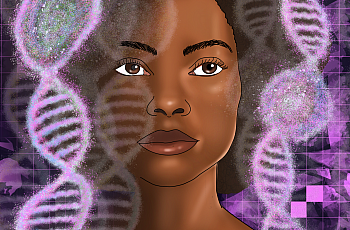
What if reactions during moments of stress have a deeper, underlying context that connects to past generational history of trauma and racism? Hosts of this podcast explore whether behavior patterns can be inherited, learned or culturally programmed. They explore the evolving social and scientific theories of intergenerational trauma, weathering, epigenetics and John Henryism to build an understanding of how racism can get under skins, be felt in bodies and affect overall health.
![[Photo by Alyssa Kapnik Samuel/NPR] Leila Day](/sites/default/files/styles/teaser_list_thumbnail/public/title_images/Leila-Solo-28-e1454092679601-2.jpg?itok=sFxDrlZN)
One way to present more culturally-balanced stories is to create more diverse newsrooms. But we still need to get better at talking to people in communities that aren’t our own. Here are some tips on how to do that.
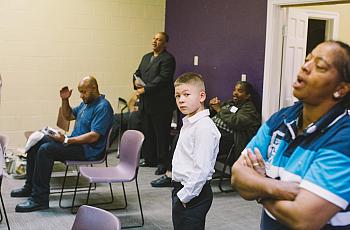
“In many African American communities, mental health issues have a history of being undertreated and underdiagnosed.” That was the beginning of the host intro for my radio series on mental health care within African American communities, and a focus sentence that led me throughout my reporting.
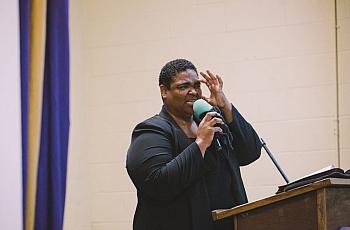
In West Oakland, Rev. Donna Allen is trying to make sure church members understand that it’s not just faith that they can lean on when facing mental health problems. Alameda County has invested more than $1 million to help groups bring mental health services to underserved communities.
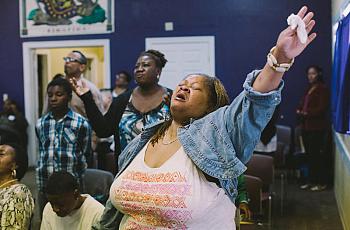
California's Alameda County is trying a new angle to improve mental health care in black communities by tapping into African-American churches. Once members receive special training, their churches are declared places that can offer support and connect people to resources to find help.
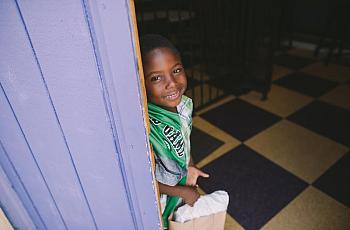
Even though African-Americans are more likely to report major depression, only around 7 percent actually sought treatment, according to a 2011 CDC report. That’s compared to 13.6 percent of the general population. Leila Day of San Francisco's KALW tells the stories behind the numbers.

The National Association of Black Social Workers has found that African-Americans experience better treatment results when paired with clinicians of similar race and background. There’s a strong need for black clinicians, but there aren’t always enough available.
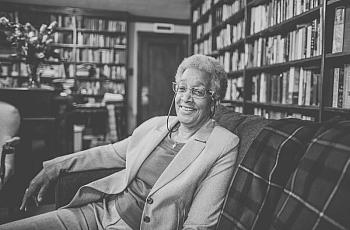
In many African-American communities, mental health issues have a history of being under-treated and under-diagnosed. KALW's Leila Day talks with local psychiatrist Dr. Loma Flowers about the reasons why many in the black community may still resist therapy.

This three part series will be looking into mental health care among black communities within the U.S. Focusing on access, stigmas and cultural views toward mental health.